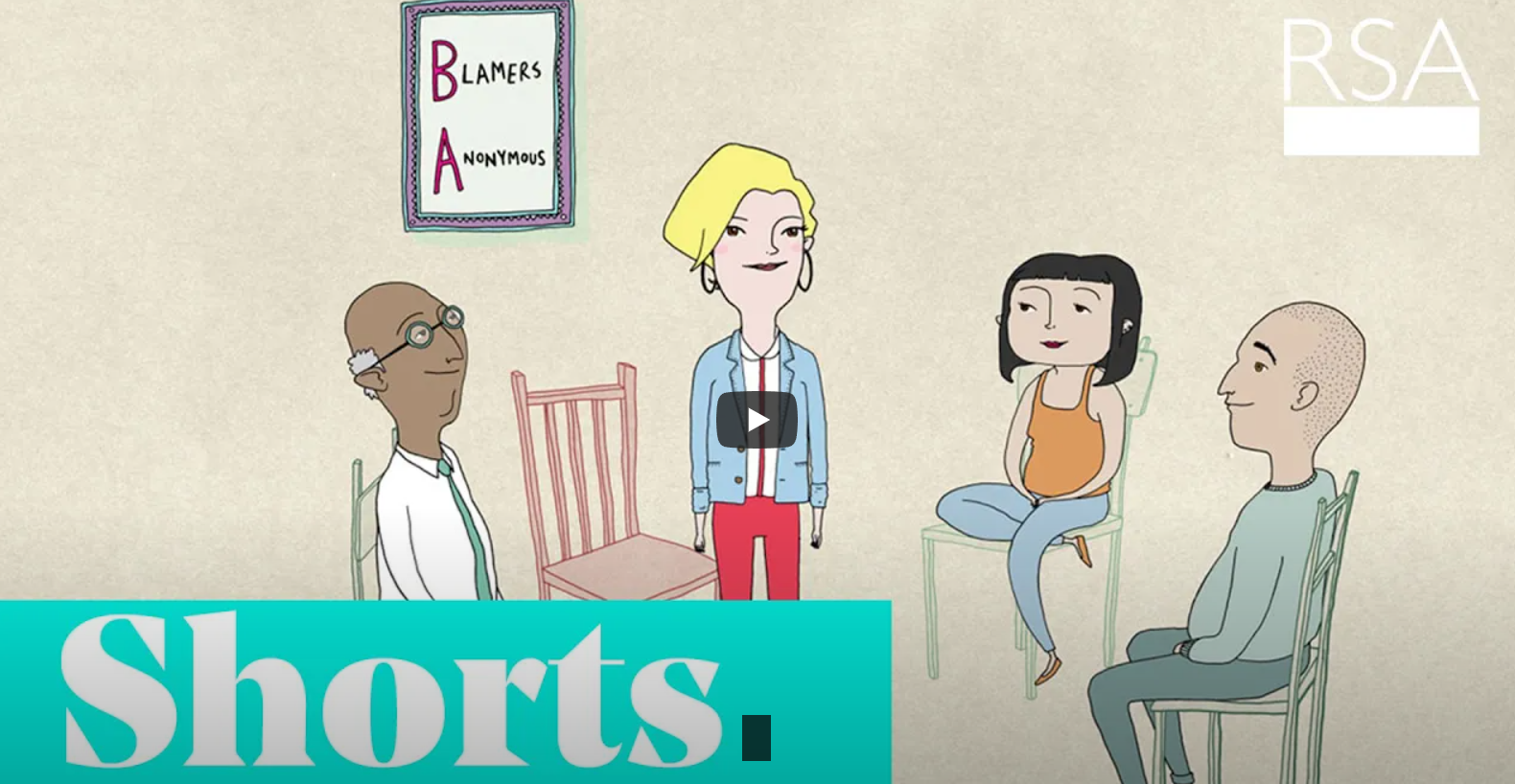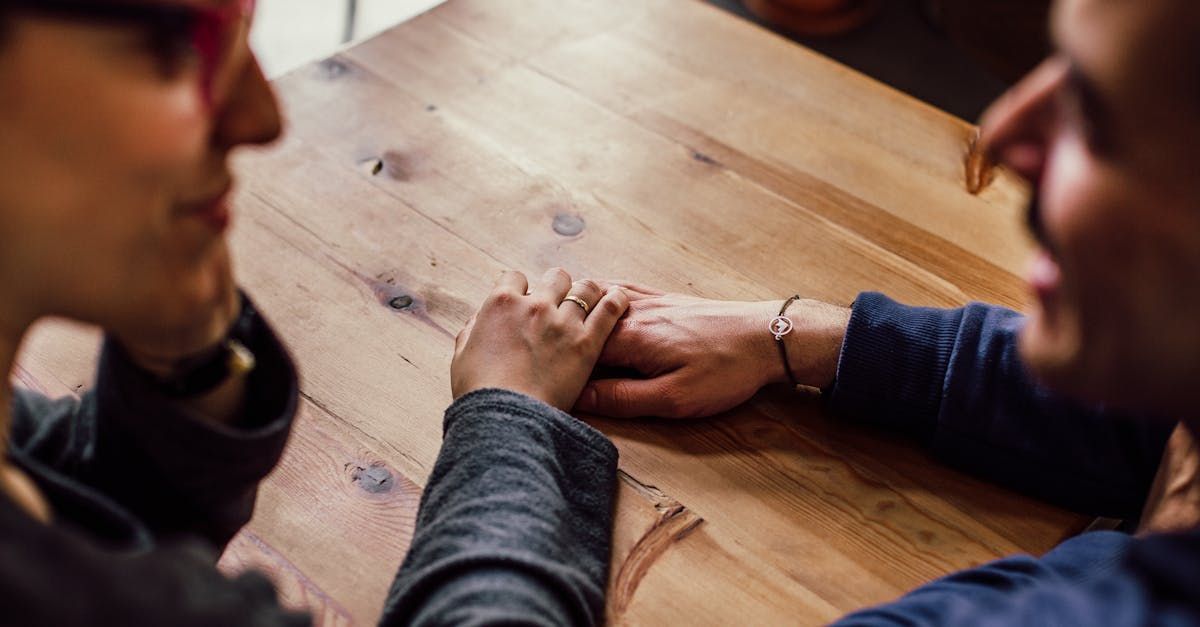Be the Change you Wish to See in the Relationship
Jeff and Liz both came into my private practice. They are both wanting the other to change. I see this most of the time with partners having little awareness of their contribution to the dynamic and what they need to change.
Jeff says: “I feel miserable and upset most of the time. I can’t do anything right. She is always making me feel this way. I keep asking for space, and things don’t appear to be changing. I can’t stand this.”
Liz complains that “He is not there for me. I feel so alone. He constantly ignores me, and I am fed up.”
If you want your partner to change, start by accepting them for who they are and know that you are not the same. “You are different,” says Harville Hendrix, author of Getting the Love You Want. People can only change when they feel they are welcomed, accepted for the way they are, and know they are loved. When people feel criticized, disliked, and unappreciated, they are unable to change. Instead, they will protect themselves, turn away, or amp up their discontent.
It’s easy to criticize your partner and step into the negativity of all the things they are doing that are different, and what you don’t like and what annoys you. Instead of criticizing your partner, remind yourself of all of the things you appreciate about them, and share those things with them. By being genuinely interested in why they see or do something differently than you, you will bring curiosity and respect to them. Even celebrating what makes each of you unique, goes a long way.
Of course, there are some things that should never be tolerated in a relationship, like addiction, abuse, or infidelity. These behaviors should be addressed in a loving and direct way with the help of a professional. Even in those catastrophic cases, it is possible to accept the person and seek to understand and learn more about them. You don’t have to accept their behaviour.
Intimacy requires vulnerability
What Jeff and Liz don’t realize is that they aren’t really arguing about the amount of time they spend together. The underlying issue in their marriage is that neither partner is able to express their needs in a non-blaming way.
They had never discussed what alone time and time together meant to each of them. By talking about this in my office, Jeff finally understood Liz’s fear of being alone. His understanding led him to carve out more time together.
Couples seeking a deeper emotional connection need to understand that vulnerability and intimacy go hand in hand. In other words, intimacy can only occur when partners are vulnerable enough to share their deepest hopes, fears, and dreams without judgement.
Change starts with you
Do you spend more time questioning your partner’s words or actions than examining your own? Blaming your partner can feel good in the moment, but it’s dangerous because it can lead to anger and resentment and finally aversion.
Conflict is not a bad thing in relationships. Harville Hendrix states that it is “growth trying to happen.” Frustrations and conflict are meant to be there, as all couples argue. It is part of being a couple. The difference between the couples that stay together and the ones who divorce is the way they repair after conflict. To be a master in your relationship, first, take responsibility for your role in the issue or dynamic and change your own behavior.
Resentment and indifference build in couples that don’t repair their hurts. The wounds fester, grow bigger and bigger with each day until the couple creates an invisible divorce and finally break up. Repair is absolutely crucial after the rupture of connection, stopping the incident from moving into the long term memory portion of the brain. Once there, we don’t forget, and we continue to habitually ruminate about our hurts, bringing them up when an argument ensues. Repairs are important in all relationships, particularly intimate partnerships.
Here are four things you can do instead of trying to change your partner that can change your relationship for the better.
- Become a better partner. The majority of people cause a stalemate in a relationship waiting for their partner to change. If you don’t change your part in a stuck pattern, no change will occur. You can empower yourself to be the change, especially if you are in pain. This is not easy; however, it is not impossible. It can be a small victory when it occurs.
- Focus on the solution. Instead of focusing on changing your partner, focus on being a team, and finding a solution. Compromise never works in a relationship, as no one really feels like a winner. Focus on the issues at hand and find a mutually beneficial outcome that meets both of your needs.
- Take responsibility. When we feel angry or hurt or in fear or frustration, we often speak in “you sentences,” which pushes our partner away. Take responsibility for your words and actions and how they impact your partner. Use “I statements” and focus on expressing your feelings in a vulnerable way that invites your partner to understand your pain. Apologize for your disruptive behaviour as this will open the door to reconnection, moving towards forgiveness, allowing both of you to move on.
- Remove all criticism and blame. Criticism and blame create annihilation in relationships. By removing all negativity that is in the form of criticism and blame, you will have a safer, more secure, and connected relationship. Criticism is one of the Four Horseman researched by Dr. Gottman, and is a predictor of divorce. Criticism attacks the core of a person’s character while a complaint focuses on a specific behavior.
Successful couples remember to give each other the benefit of the doubt and consider that they are both doing the best they can. To build a great relationship with trust, talk about your feelings, and request a positive need instead of what you do not need. By being friendly, you can build and nourish a healthy bond that will help you repair and navigate the challenging and stormy moments together.
Gandhi was famous for saying: Be the change you wish to see in the world. “If we could change ourselves, the tendencies in the world would also change. As a man changes his own nature, so does the attitude of the world change towards him.”
This stands true in relationships. Instead of trying to change your partner, be the change you wish to see in your relationship.
Register for our Newsletter and receive a Free Love Chat Package
- The 5 Steps to a Better Relationship
- Ongoing Monthly Relationship Tips
- If you want more love in your life, our relationship Love Chat Package is an easy cost-free first step.

















